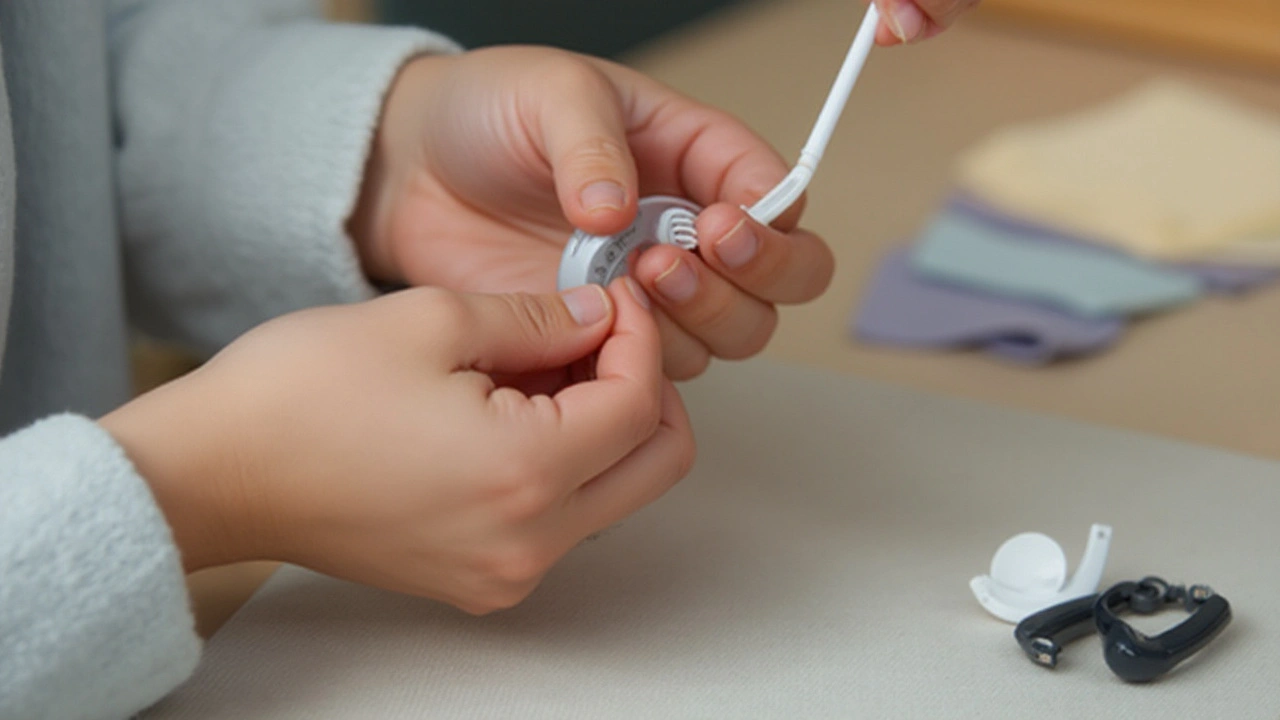

If you use hearing aids, you know how important it is to take good care of them. These devices help you hear better, but without proper maintenance, they can stop working well or even get damaged. The good news? Keeping your hearing aids clean and cared for isn’t hard — just a small daily routine can make a big difference.
Start with keeping your hearing aids dry and clean. Moisture is the enemy here. After wearing your hearing aids, wipe them gently with a dry, soft cloth. Avoid using water or cleaning fluids because they can damage the electronics. If your hearing aids get sweaty or wet, take them off briefly to air dry. Also, storing them overnight in a dry storage box helps protect them from humidity.
Another easy step is checking the ear pieces, like domes or molds, for wax buildup. Earwax can block sound and damage your device. Use a small brush or wax pick designed for hearing aids to clear any wax carefully without pushing it deeper inside. Regular cleaning prevents muffled sounds and keeps everything working smoothly.
Don't forget about battery care. Change batteries as soon as you notice a drop in sound quality or your device beeps to warn you. Carry spare batteries with you if you’re out and about. When inserting batteries, make sure to open the battery door at night to let moisture out and preserve battery life.
While daily care is key, hearing aids also need professional check-ups. Schedule annual visits with your audiologist to inspect and clean your devices thoroughly. They can spot issues that might not be obvious and fix them early. Regular professional maintenance extends the life of your hearing aids and ensures you get the best performance out of them.
Keeping up with these straightforward habits will save you money and frustration later on. Good hearing aid maintenance means clearer sound, better comfort, and longer use. Ready to keep your hearing aids in tip-top shape? Start with these easy tips today.

Properly caring for your hearing aids can greatly extend their lifespan and ensure they work at their best. This article offers practical tips on cleaning and handling them, along with important storage advice. Learn how to troubleshoot common issues and discover best practices for daily use.